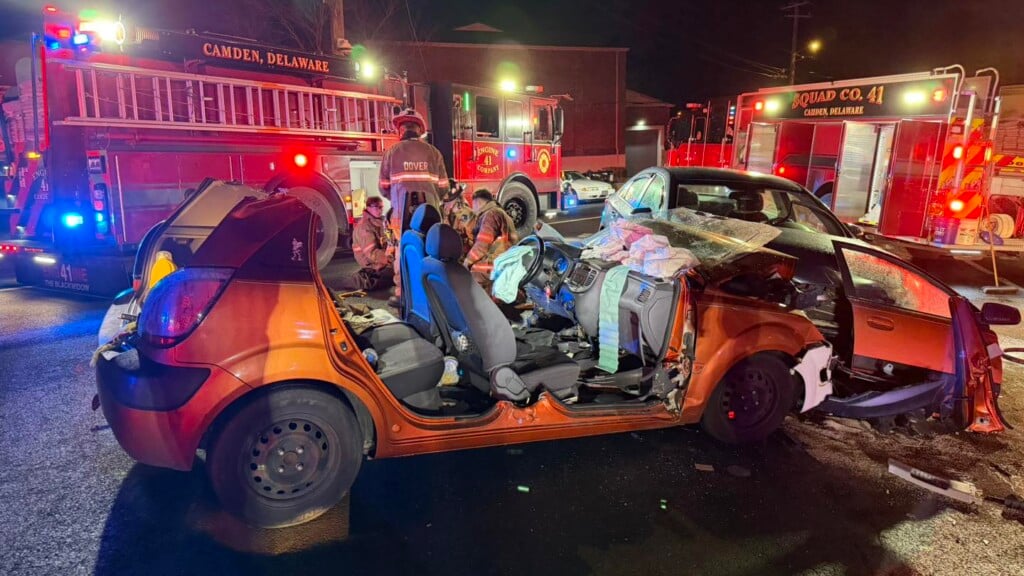MD Bill to prohibit kids from being charged with first-degree murder
MARYLAND- Charging kids with first degree murder, that’s a topic being discussed in the Maryland General Assembly with Senate Bill 395 on the table.
“It needs to have discussion, but it also needs to have the input of science, this is not a political issue, this is a scientific issue,” Dr. Kathy Seifert, local psychologist, said.
If passed, this bill would prohibit any child under the age of 18 from being convicted of first-degree murder.
A leader I spoke with in the community, who works with kids, said she is in favor of the bill.
“I think this bill is definitely on time and much needed in our state, especially looking at how many juveniles we have under the age of 18 who are being charged as an adult,” Amber Green, with the Fenix Youth Project, said.
Seifert said she is also in favor of it passing, but said passing the bill could be controversial, when looking at a child’s developmental and intellectual levels.
“If somebody doesn’t have a fully developed brain, how can they make intentional choice to do something or not doing something, because they don’t have an adult brain,” Green said.
Delegate Carl Anderton said he feels these situations should be dealt with case by case.
“Let’s not forget that every instance this is first degree murder, that means somebody was blatantly had their life taken from them and that shouldn’t be forgotten,” Del. Carl Anderton
And while this did have a hearing Tuesday, Anderton said he thinks this isn’t the right time to try and pass this.
“We’re still dealing with the ramifications of the pandemic and the economic slow down, and our priorities should be getting people back to work,” Anderton said.
If passed, this bill would also authorize a person convicted of first-degree murder under the felony murder provision who was a child at the time of the offense to apply for a case review of the person’s conviction.
Dr. Kathy Seifert added when it comes to a child’s brain developing it really doesn’t stop growing up until the age of 21 to 25.
She said there is so much science behind the human brain lawmakers need to take this information into account when making decisions.


